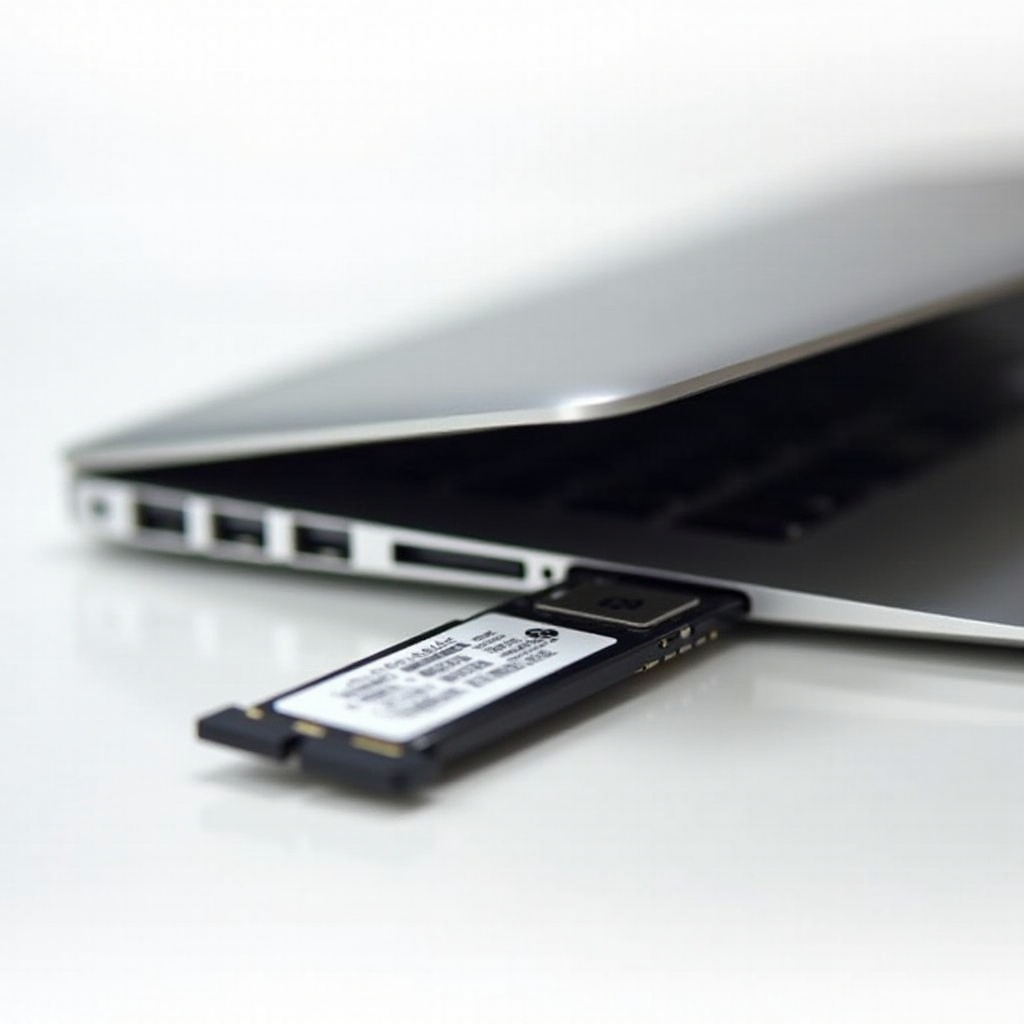Introduction
Google’s Pixel Tablet has been a subject of anticipation for tech enthusiasts and industry watchers alike. Designed to revolutionize the Android tablet landscape, the Pixel Tablet promised innovative features and robust performance. However, recent news about its cancellation has taken many by surprise, sparking questions about Google’s future in the hardware domain. This blog delves into the reasons behind the cancellation, market reactions, and what it means for the future of Google’s hardware strategy.

The Pixel Tablet’s Journey
The journey of the Pixel Tablet began with high hopes and significant buzz. Announced with much fanfare, this device was positioned as a game-changer in the Android tablet segment. Boasting cutting-edge technology, seamless integration with Google’s ecosystem, and a sleek design, it was set to compete with the likes of Apple’s iPad.
Developers and early adopters were particularly excited about the device. The Pixel Tablet aimed to address many of the shortcomings prevalent in previous Android tablets. Features like a high-resolution display, optimized performance with the latest Android OS, and the promise of regular updates made it a highly awaited product. As Google continued to tease its capabilities through various promotional channels, excitement grew even stronger among the prospective user base.
The Cancellation Announcement
The sudden cancellation announcement left many in shock. On [insert date], Google officially announced that the Pixel Tablet project would be discontinued. The tech giant cited a strategic shift in their hardware focus as the primary reason for this sudden move. Google’s spokesperson emphasized that the company would continue to invest in other areas of their hardware range, reassuring fans of ongoing development in their other popular product lines.
The announcement was formally delivered through a press release and quickly picked up by major technology news outlets. As the news spread, industry analysts and tech enthusiasts began speculating on what could have prompted such a decision. The official statement, while clear on the discontinuation, left several crucial questions unanswered.
Reasons Behind the Cancellation
Several factors contributed to Google’s decision to cancel the Pixel Tablet. Key among these reasons is the intense competition in the tablet market. Apple’s iPad continues to dominate, and other tech giants are also vying for a share, making it difficult for a new entrant to gain traction.
Secondly, internal strategy changes at Google could have played a significant role. The company may have redirected its resources towards more lucrative and promising projects. The emergence of foldable and 2-in-1 devices, which offer the functionalities of both a laptop and a tablet, might have influenced this decision.
Another possible reason could be the challenges faced during the development phase. Technical issues, supply chain disruptions, and rising production costs may have made the project less viable. Google might have determined that the potential return on investment was not justifiable.
Lastly, the market shift towards smartphones with larger screens and multi-functional capabilities could have diminished the anticipated demand for standalone tablets. As user preferences evolve, companies need to adapt their strategies to stay relevant.

Market Reaction and Consumer Feedback
The reaction from the market and consumers was swift and varied. Tech communities erupted with discussions, with some expressing disappointment over the cancellation. Enthusiasts who had been eagerly waiting for the Pixel Tablet felt let down by the news.
- Consumers: Prospective buyers who were expecting a new Android tablet option expressed their frustration on social media and forums. Many highlighted their preference for Google’s ecosystem and their hopes for an alternative to the iPad.
- Industry Analysts: Analysts provided a more balanced view, acknowledging the competitive pressures and internal strategic realignments that likely influenced the decision. They also speculated on Google’s possible focus on other emerging technologies.
- Developers: For developers, the cancellation meant shifting their focus too. Those who had already started working on applications optimized for the Pixel Tablet had to reconsider their plans and adapt to the changing market dynamics.
As mixed as the reaction was, it underscored the interest and expectations that had surrounded the Pixel Tablet. It also highlighted the important decisions tech companies must make in a rapidly evolving market.
Implications for Android Tablets
The cancellation of the Pixel Tablet has significant implications for Android tablets as a whole. It raises questions about the future of Android in the tablet segment, an area traditionally dominated by Apple.
The withdrawal could dampen confidence among other manufacturers, who might now hesitate to invest heavily in Android tablets. A flagship product like the Pixel Tablet could have spurred more developers to create tablet-optimized apps, enhancing the Android ecosystem. Its absence may slow down such developments. With Google stepping back, consumers may find fewer high-quality Android tablet options, potentially driving them towards other platforms. If major players like Google withdraw from the market, the overall innovation in the Android tablet segment could stagnate.
Nevertheless, some manufacturers may perceive this as an opportunity to fill the void left by Google’s exit. Companies like Samsung, Lenovo, and Huawei might double down on their tablet offerings to capture more market share.

Future Directions for Google’s Hardware Strategy
The cancellation hints at a broader shift in Google’s hardware strategy. Moving forward, the company appears to be focusing on areas with stronger growth potential and alignment with their core business values.
Potential Areas of Focus:
- Smartphones: Reinforcing their Pixel phone lineup, which has been relatively successful.
- Smart Home Devices: Expanding their Google Nest range, which continues to gain traction.
- Wearables: Enhancing their smartwatch and fitness device offerings, integrating more with Google Fit and Wear OS.
- Emerging Tech: Exploring new form factors like foldable devices and augmented reality, which challenge current technological boundaries.
By refocusing its resources, Google aims to solidify its position in these areas, promoting innovation and delivering products that resonate well with their user base.
Conclusion
The cancellation of the Pixel Tablet reflects broader industry trends and internal strategic shifts at Google. While it represents a setback for fans of the Pixel series, it also signals an adaptive move towards more promising technologies. This decision will likely reshape the future of Android tablets and Google’s hardware strategy.
Frequently Asked Questions
Why did Google cancel the Pixel Tablet?
Google cited a strategic shift in their hardware focus as the reason, redirecting resources towards more lucrative and innovative projects.
How has the market reacted to the cancellation?
The market reaction has been mixed, with some consumers expressing disappointment and industry analysts discussing the competitive pressures and strategic shifts that likely led to the decision.
What will this mean for future Google hardware products?
Future Google hardware products may focus more on smartphones, smart home devices, wearables, and emerging technologies, as the company adapts to changing market dynamics.


